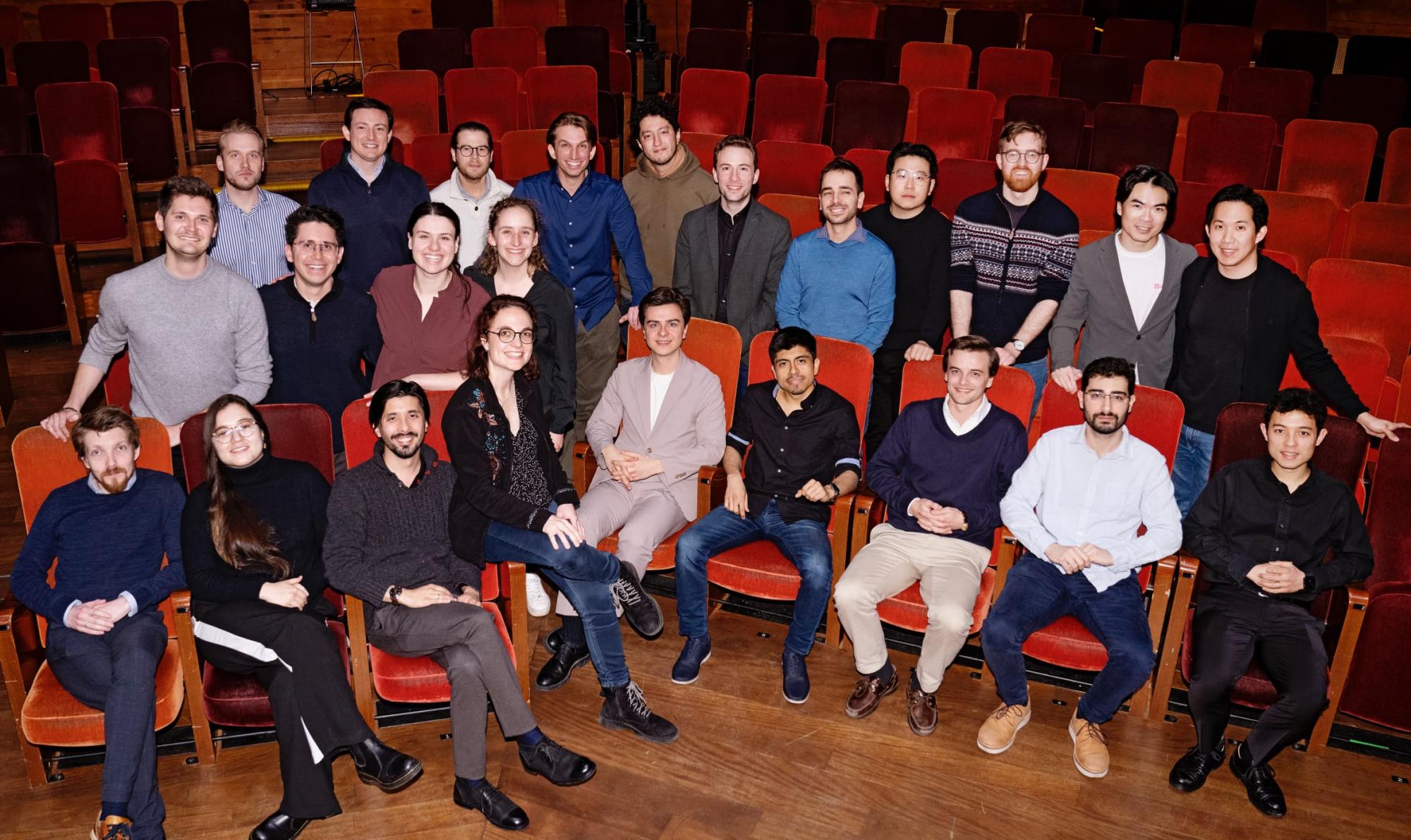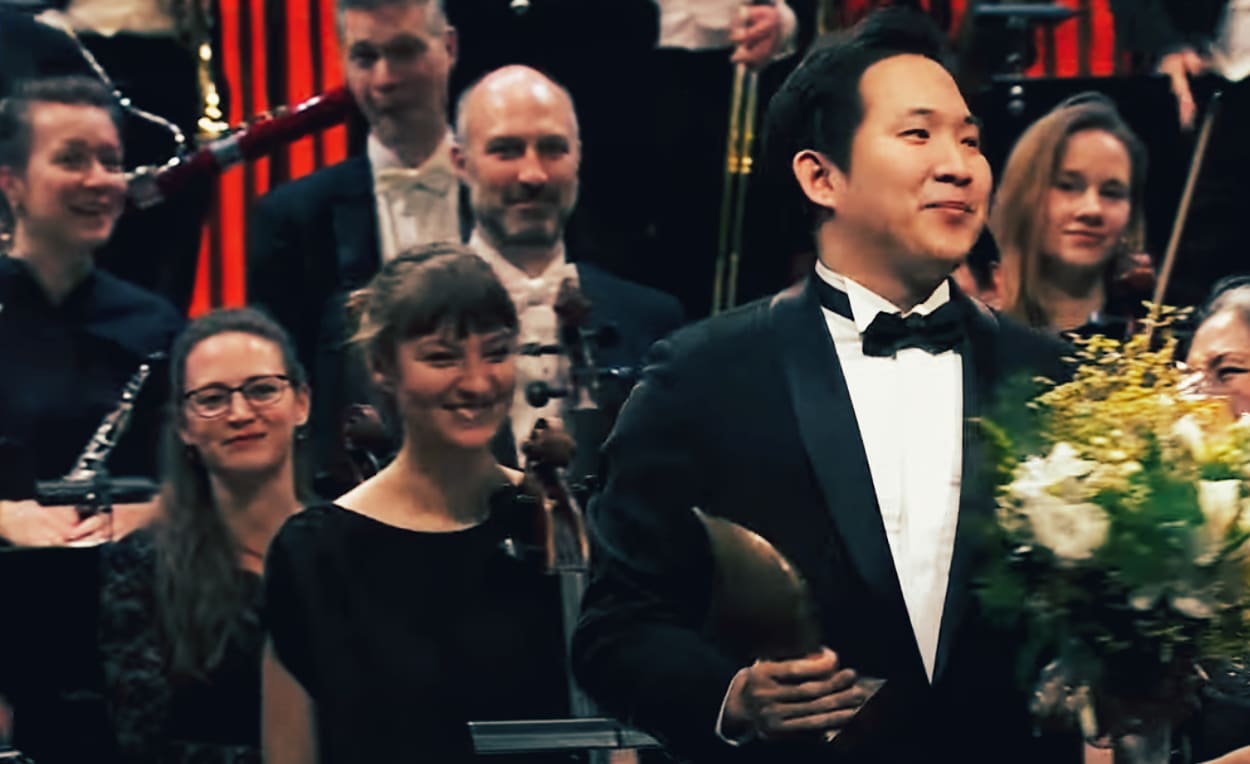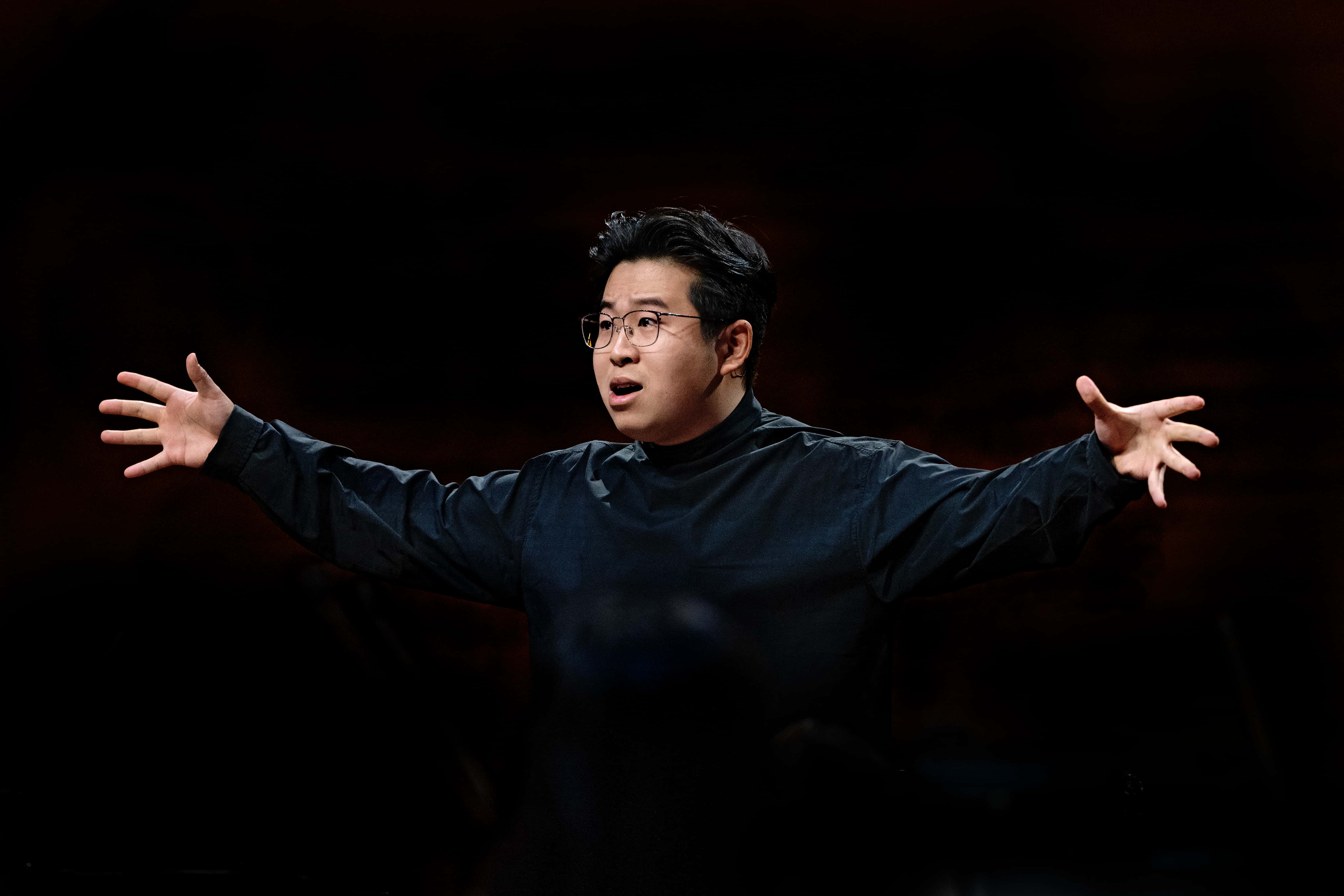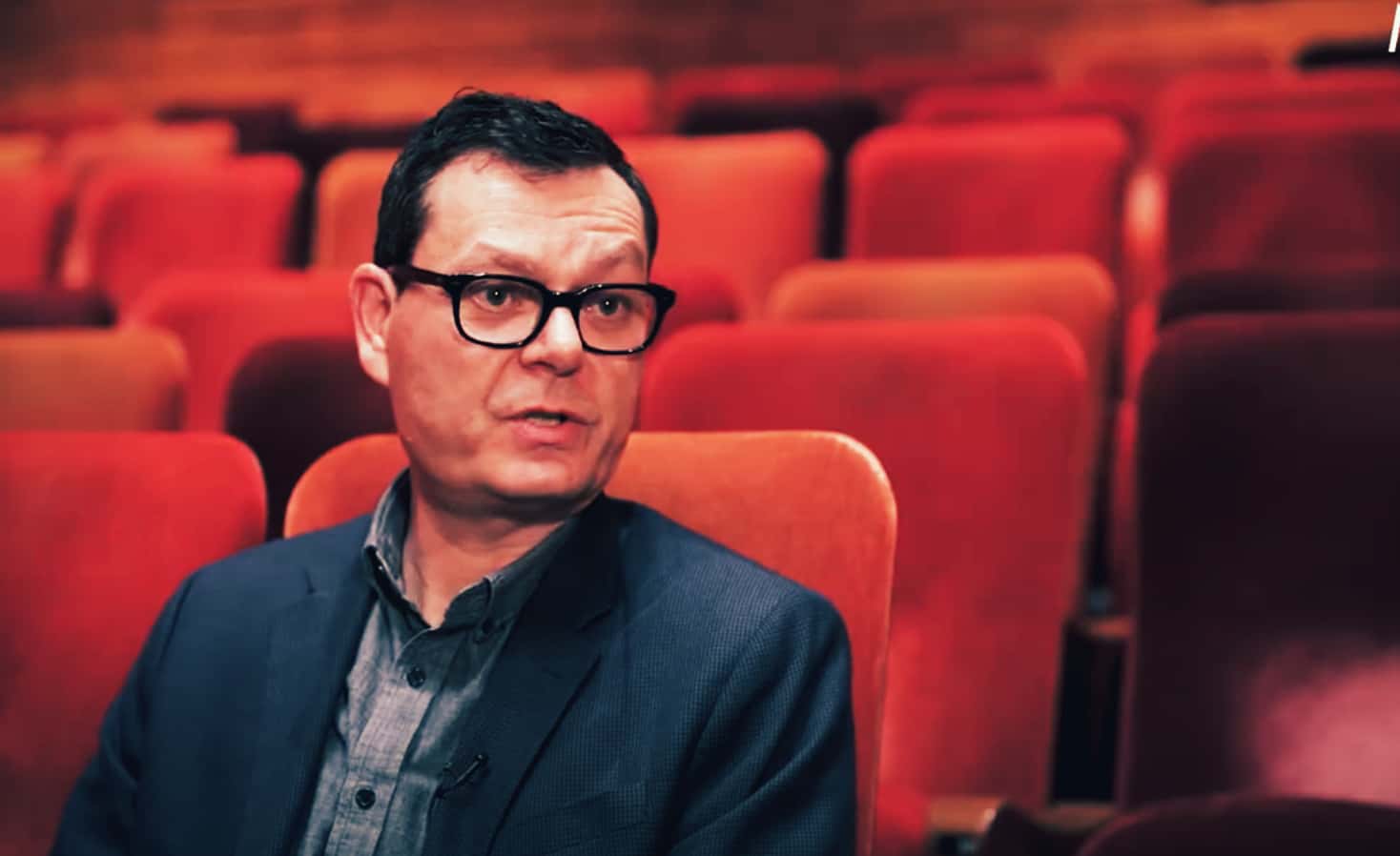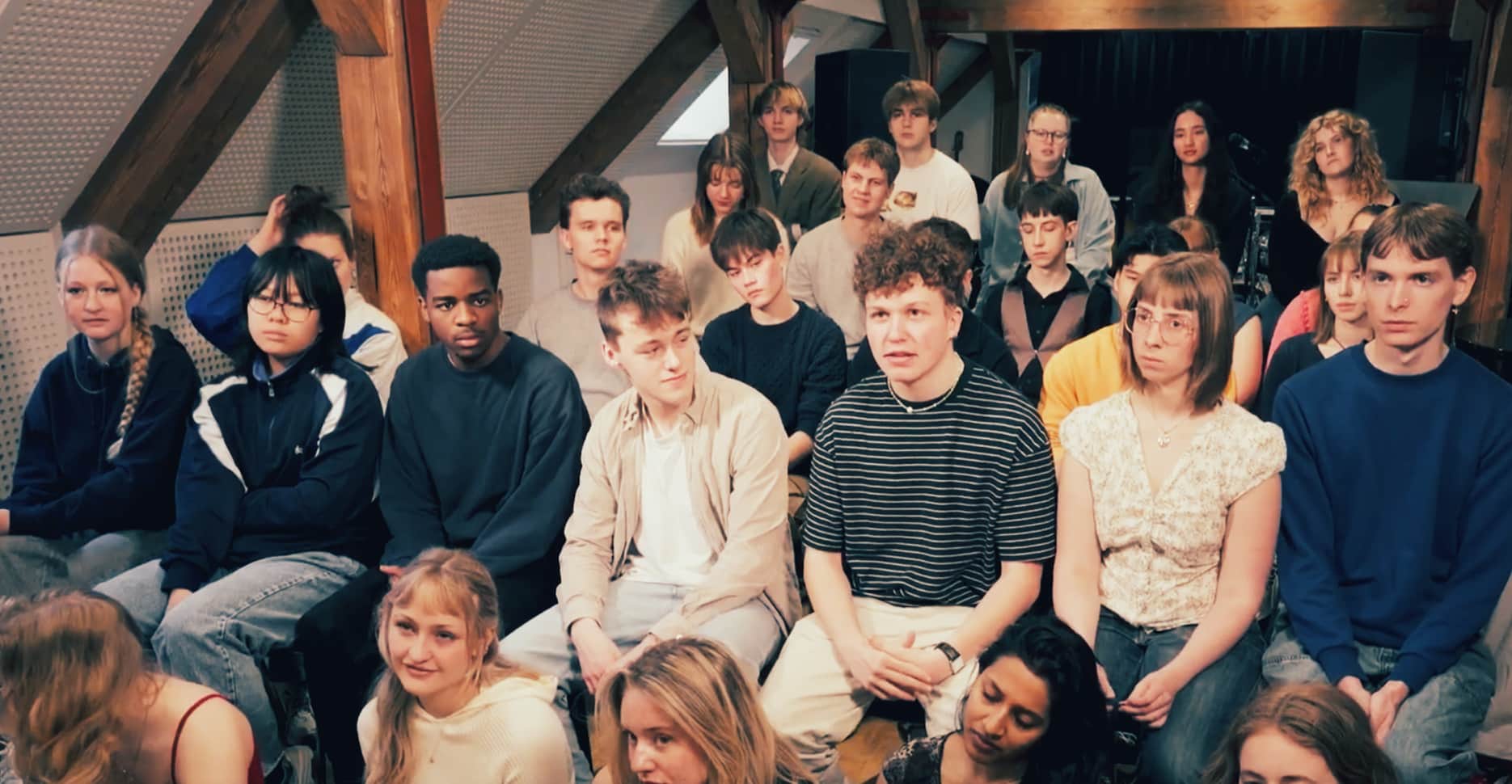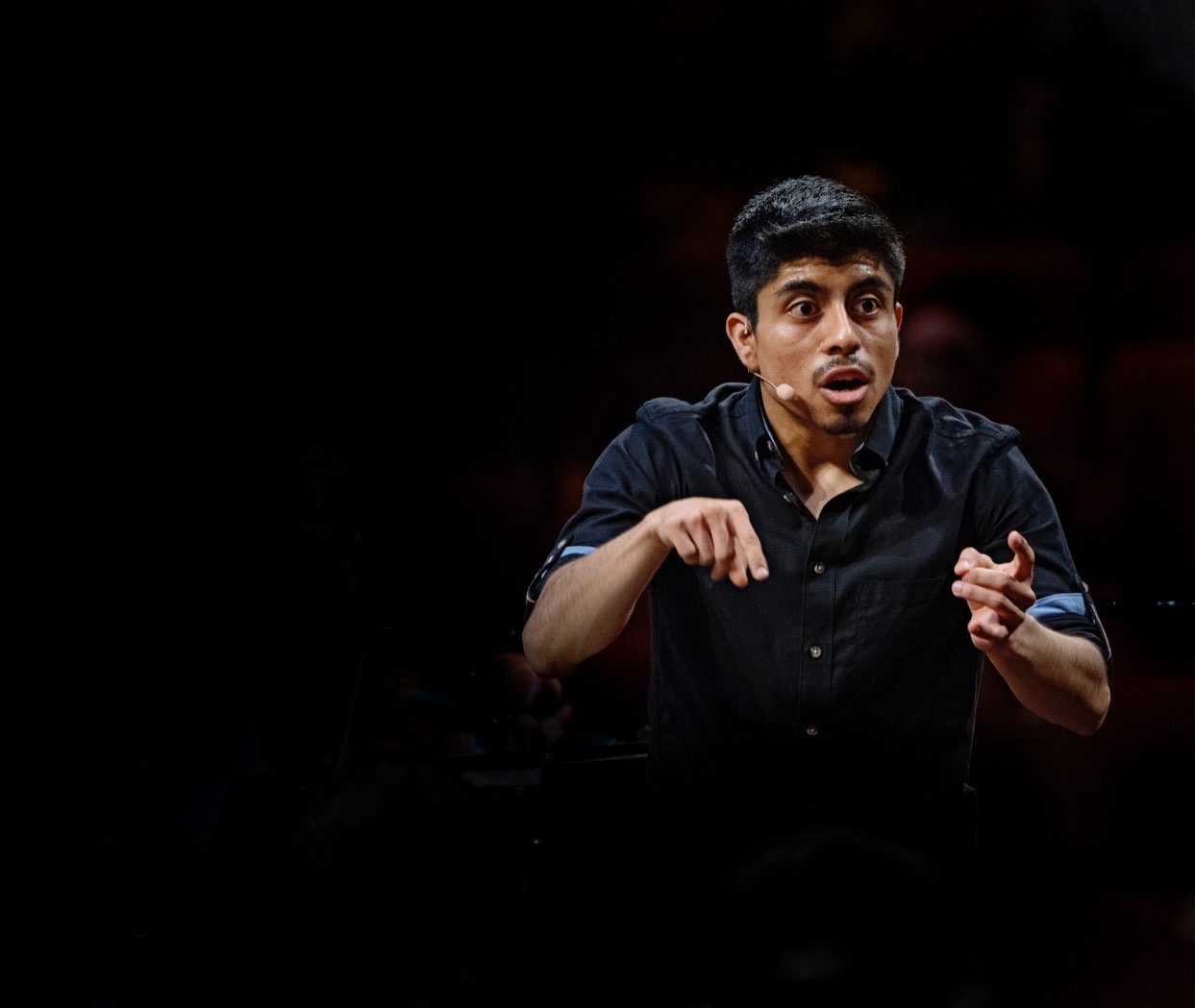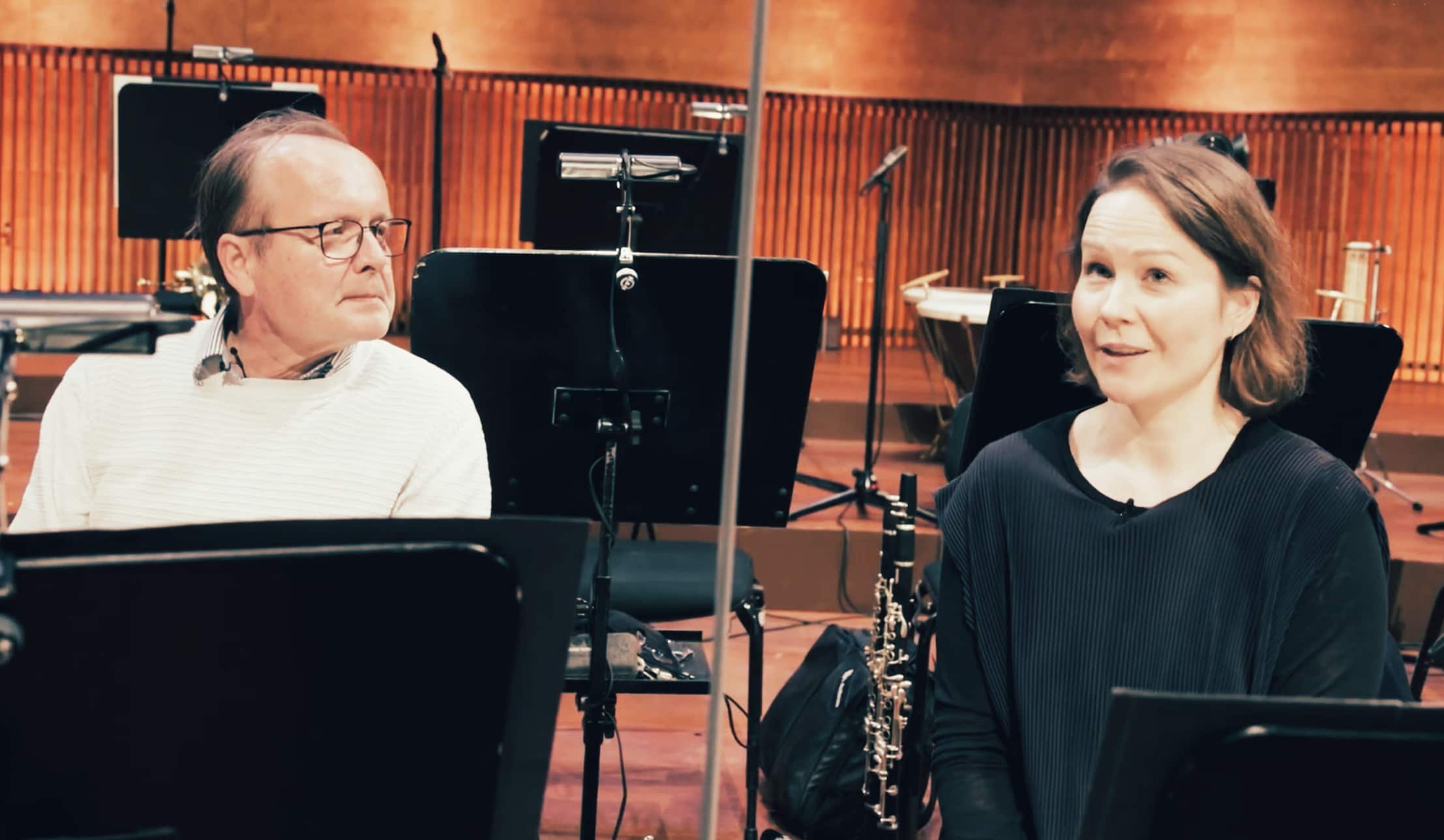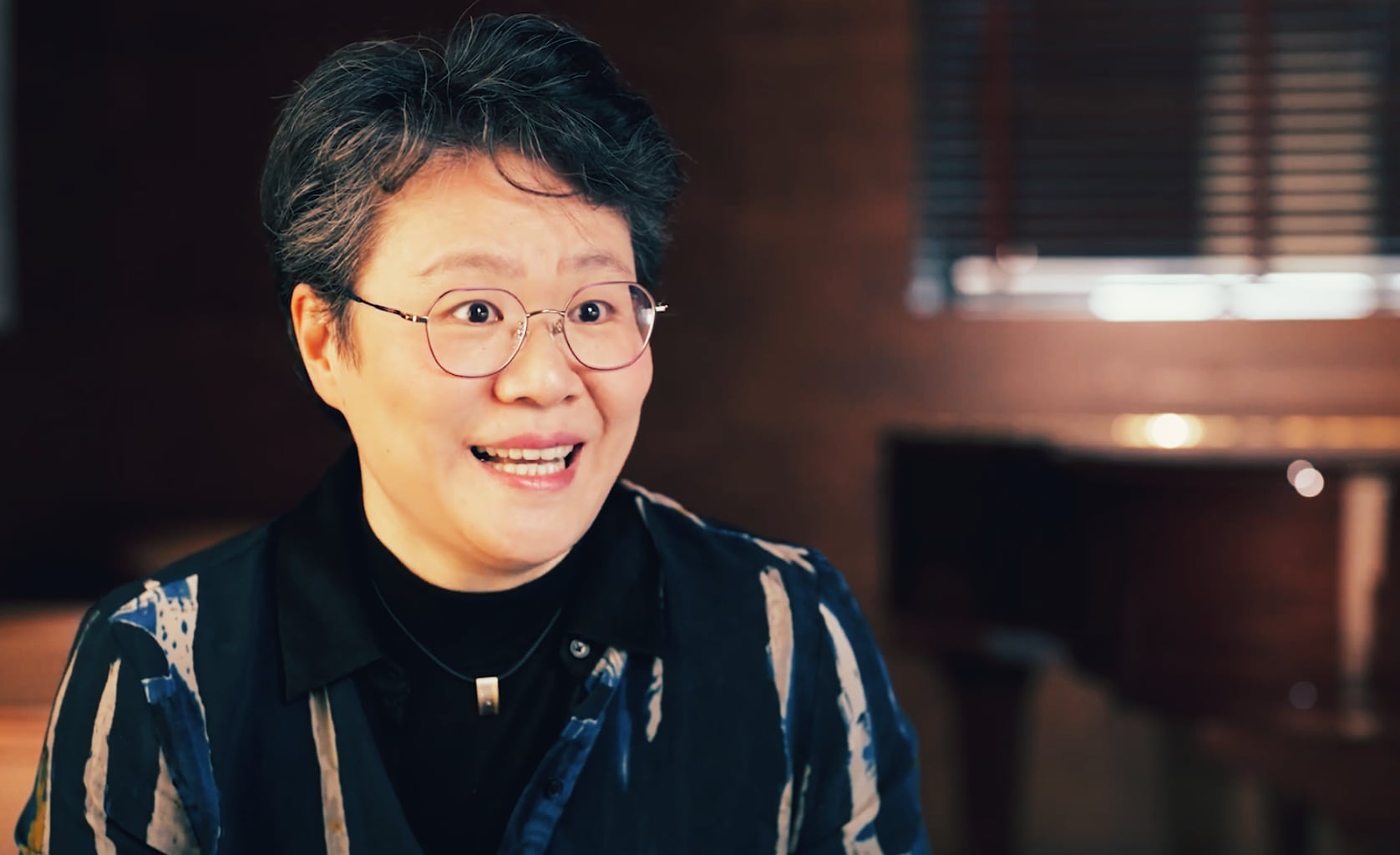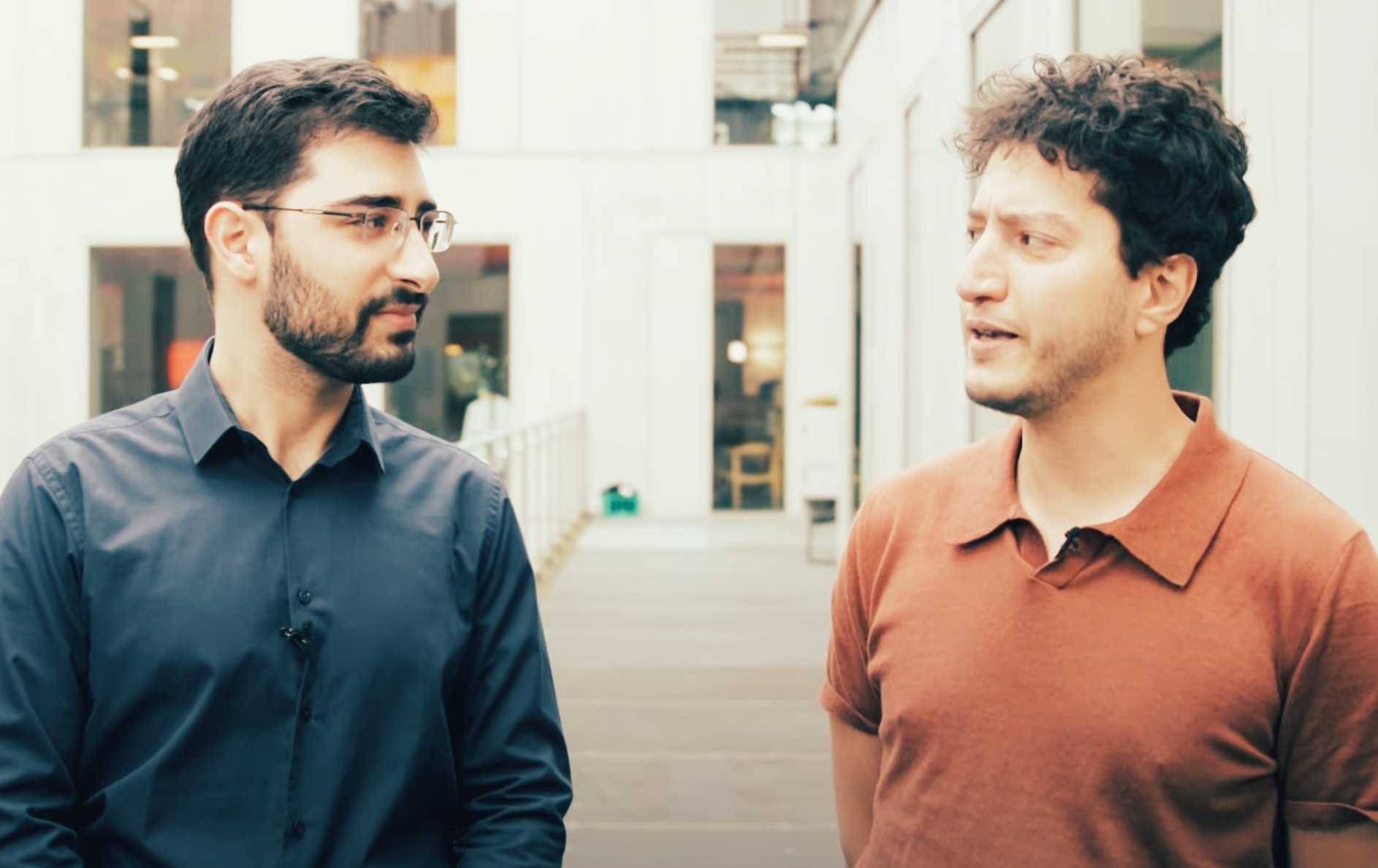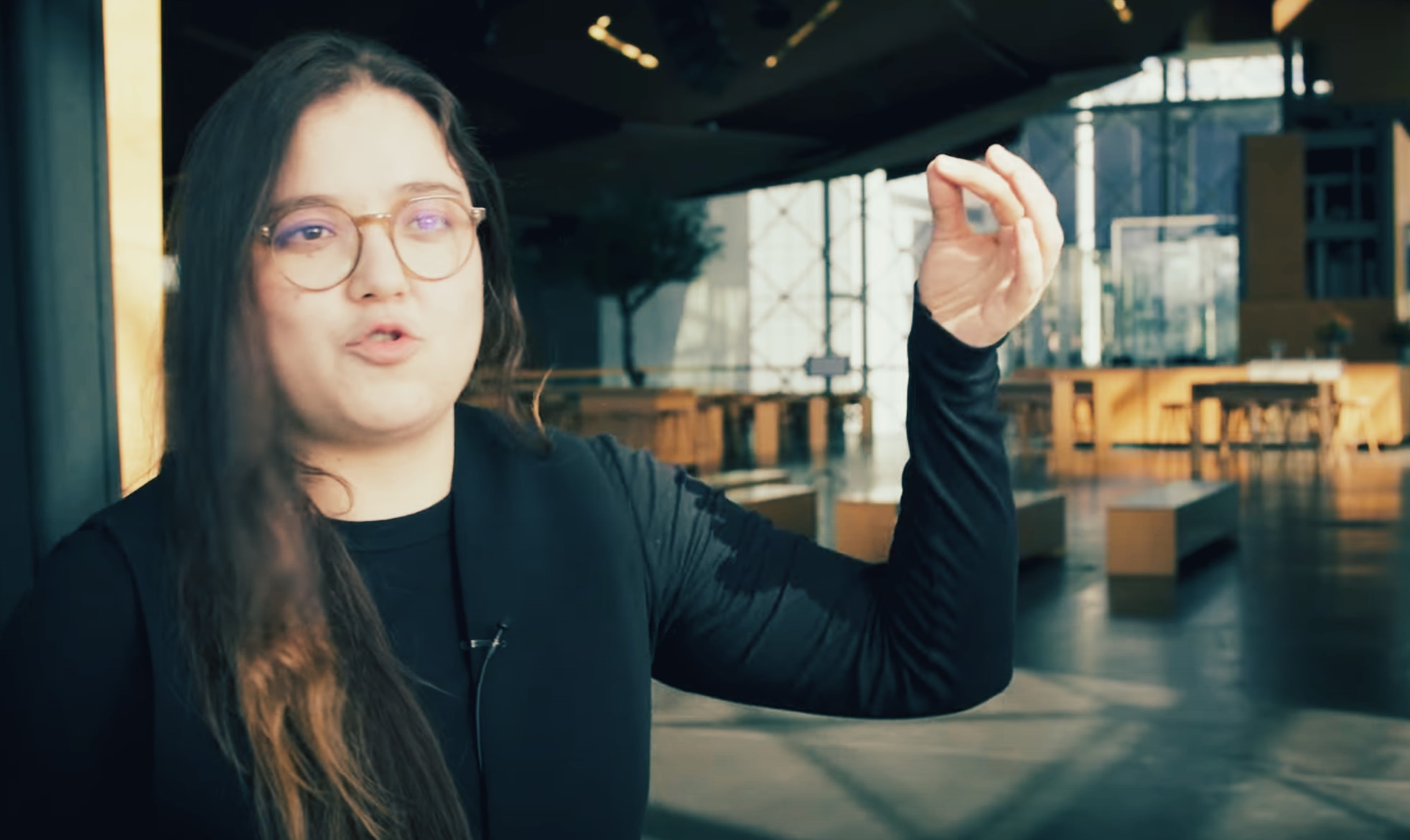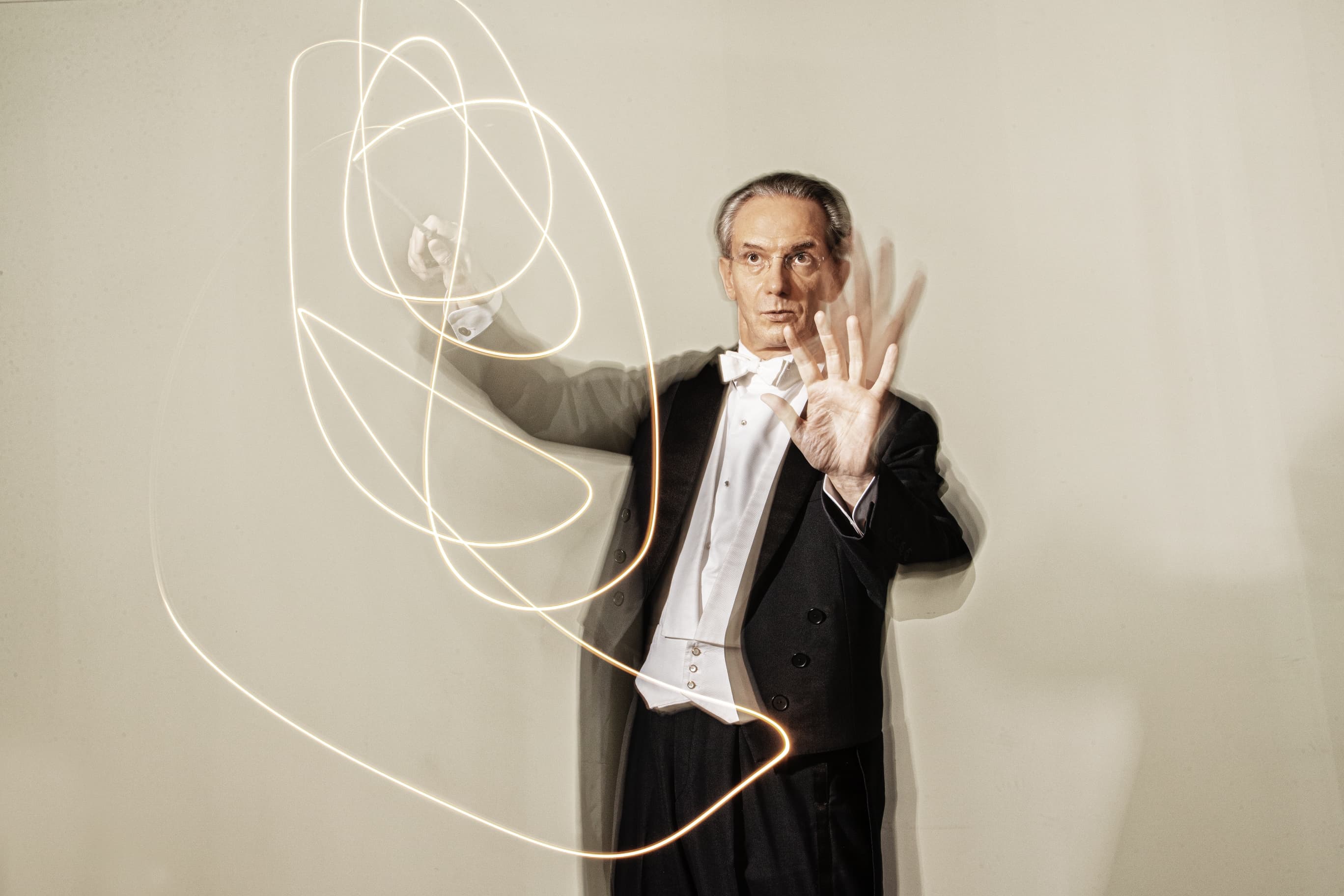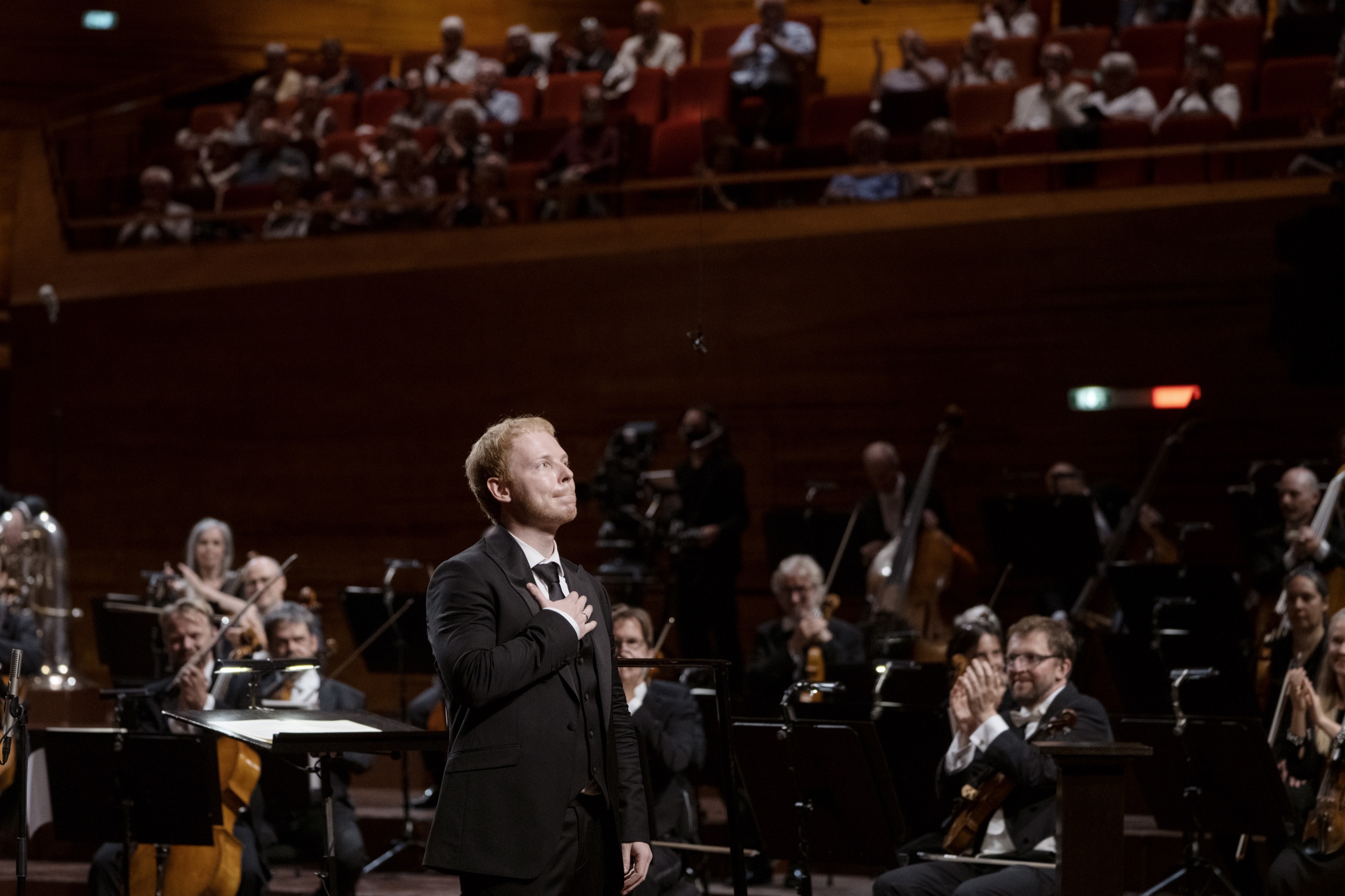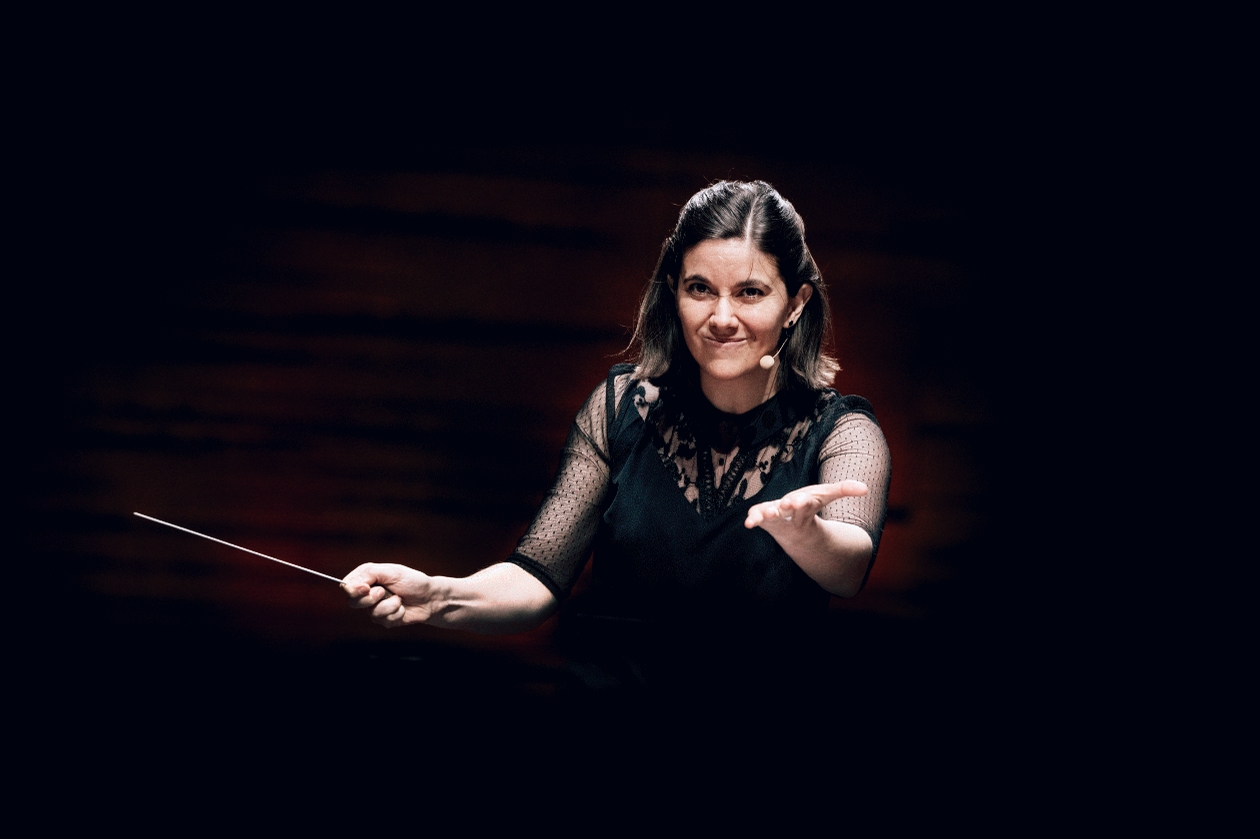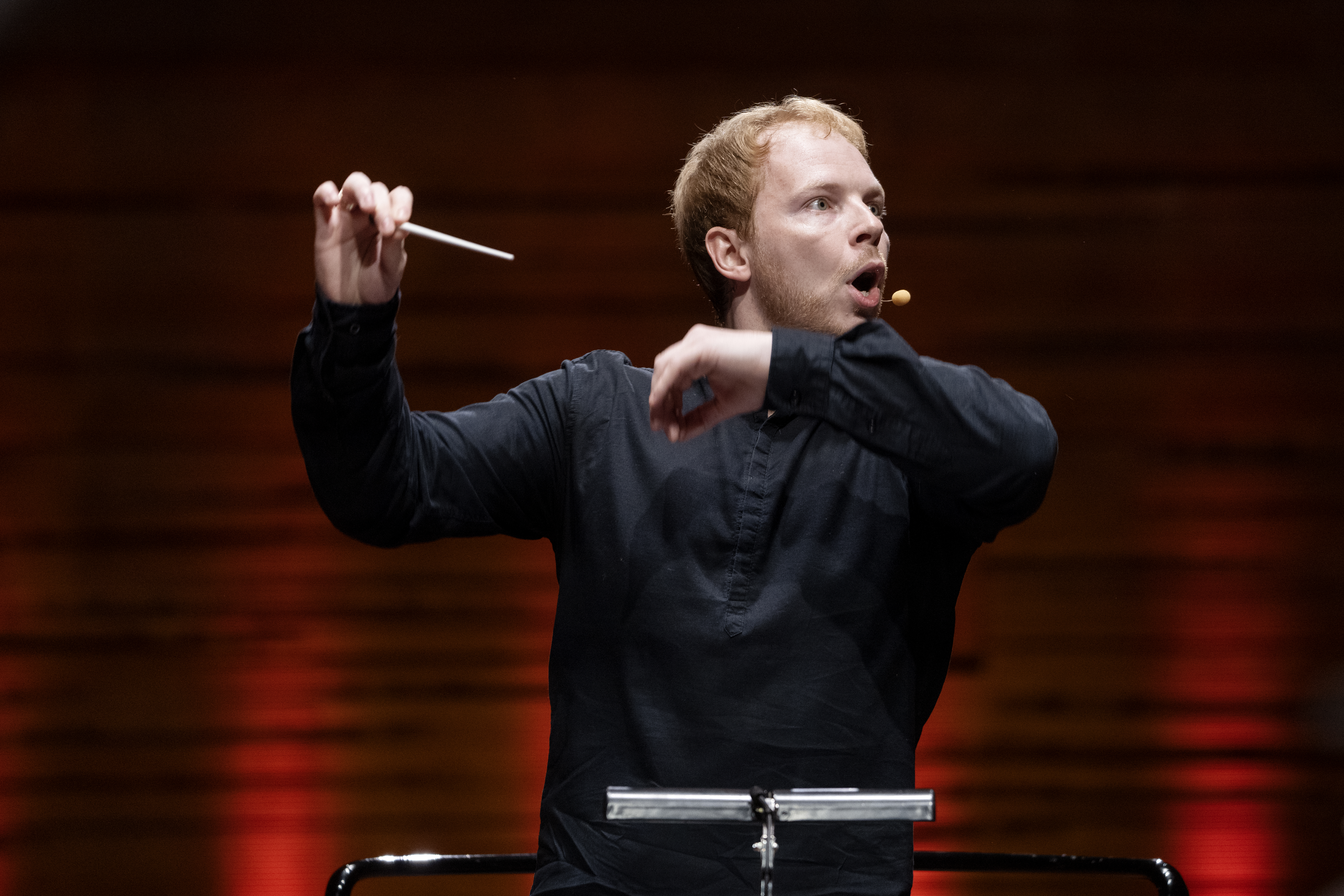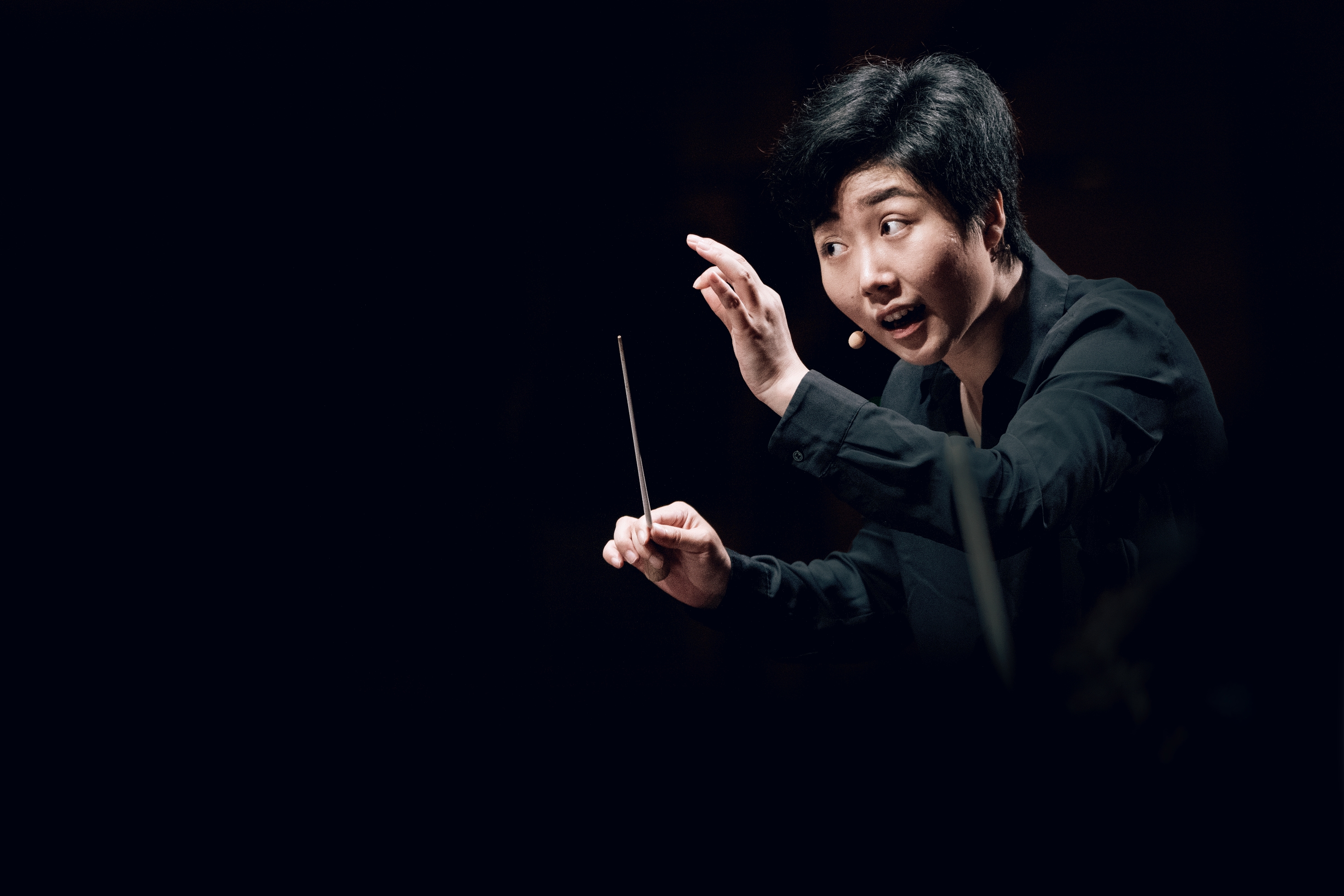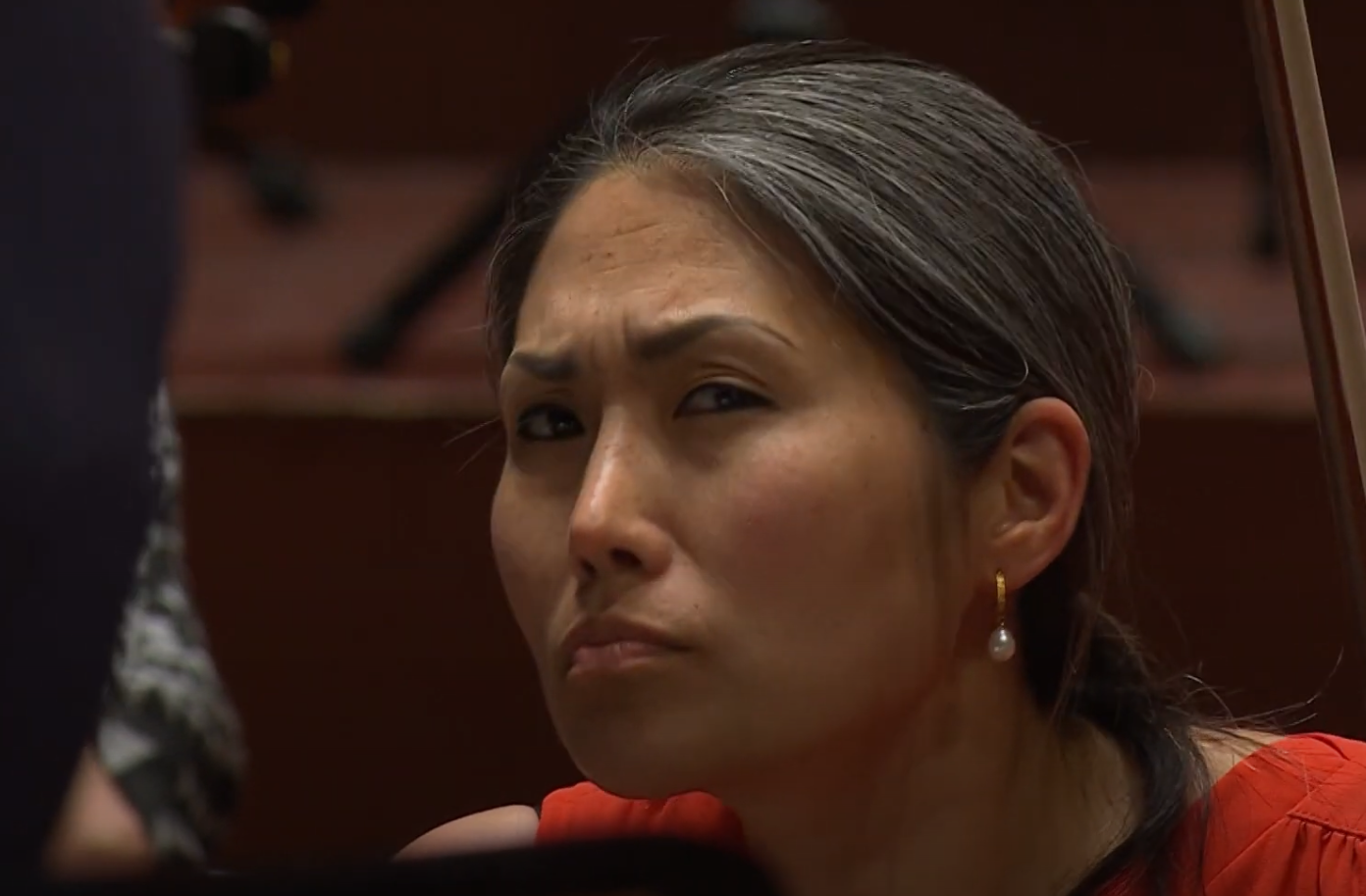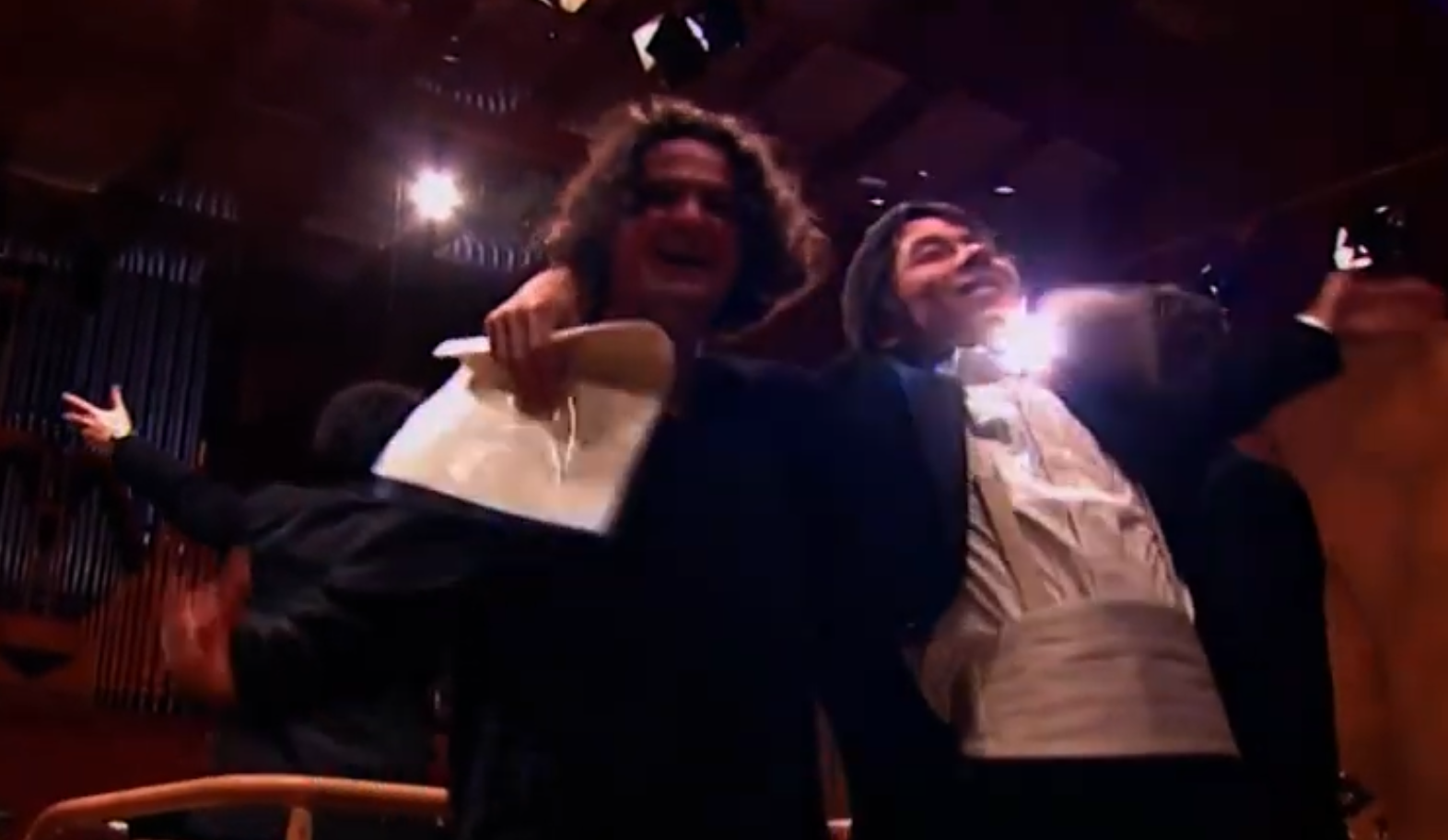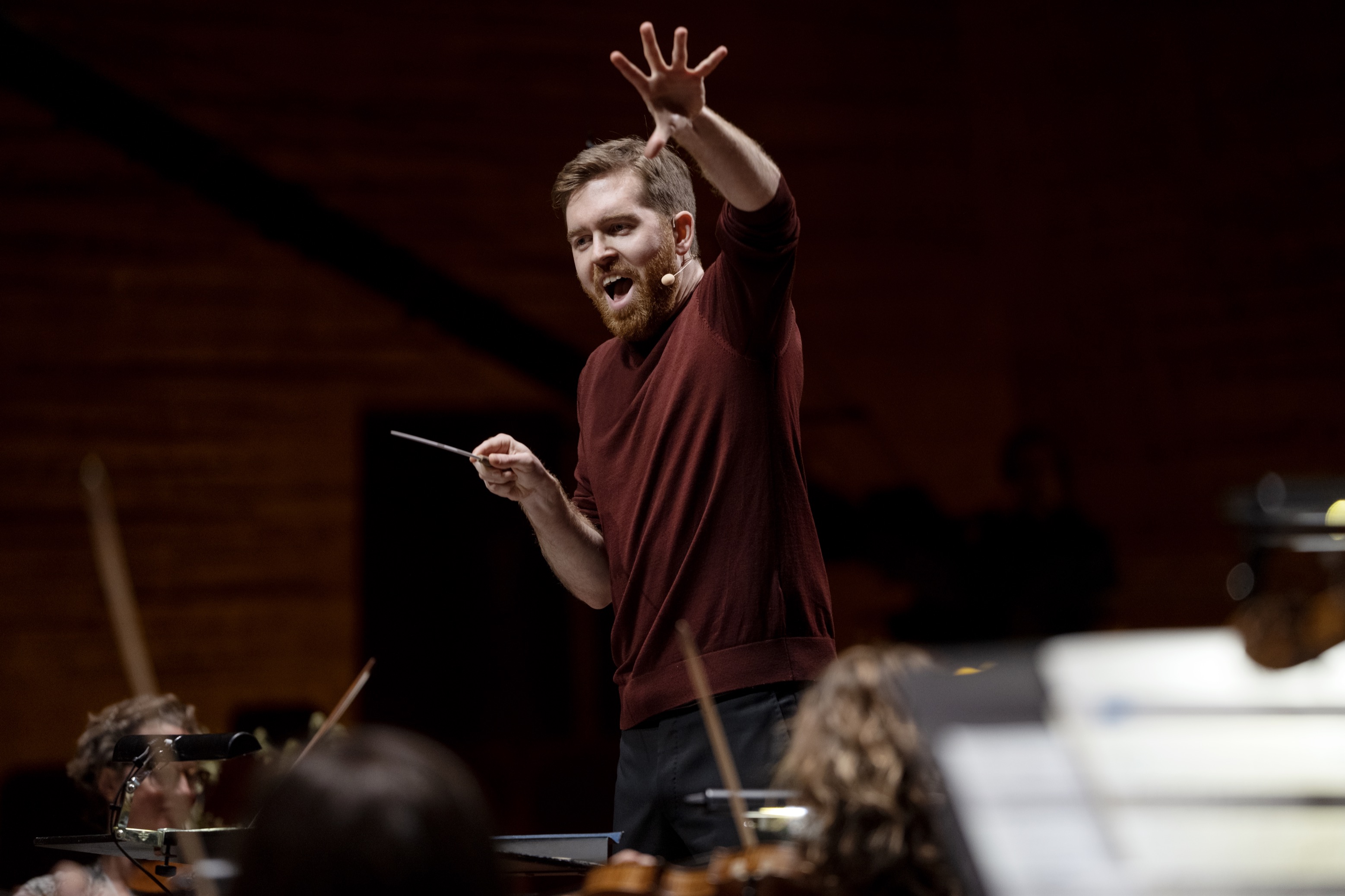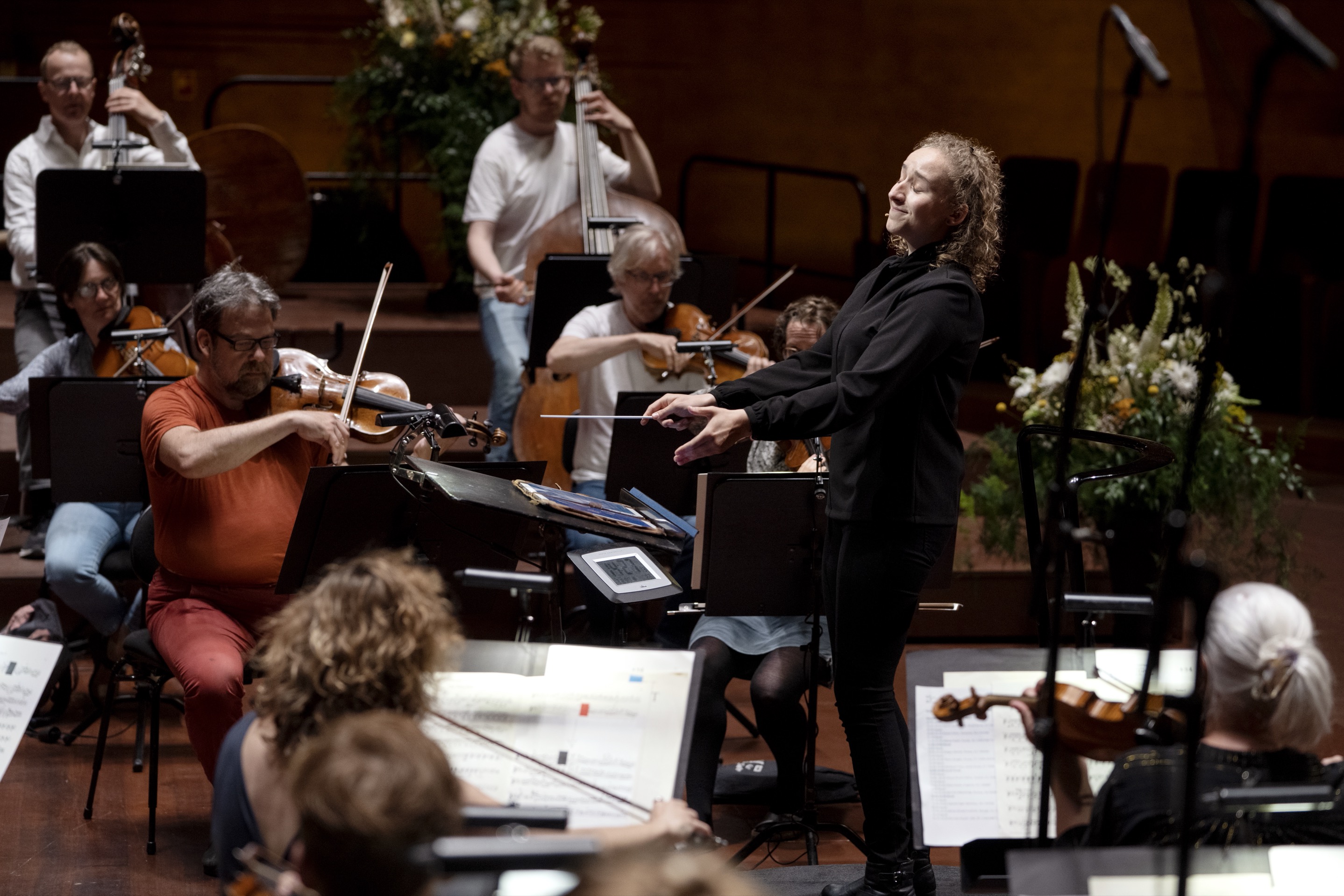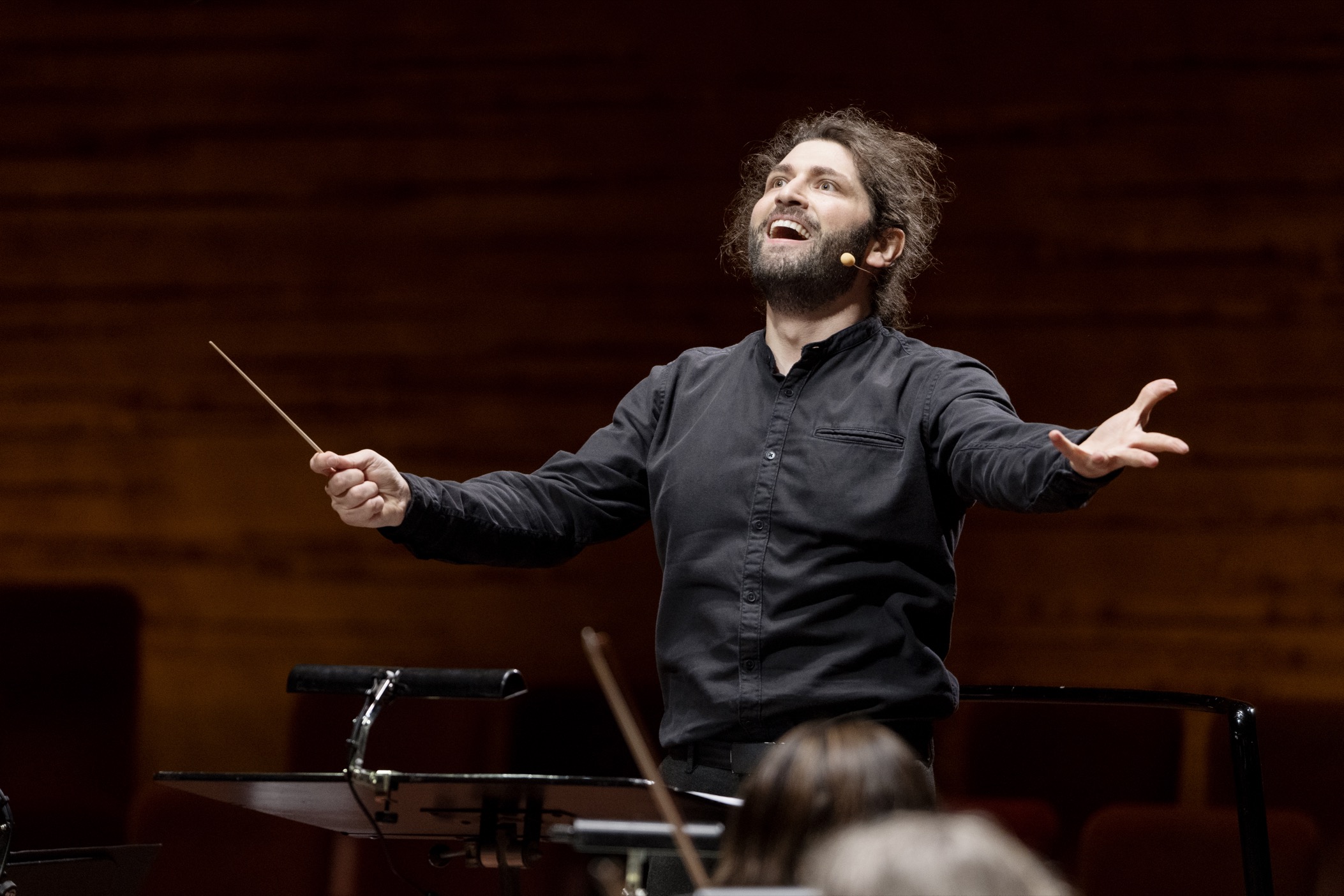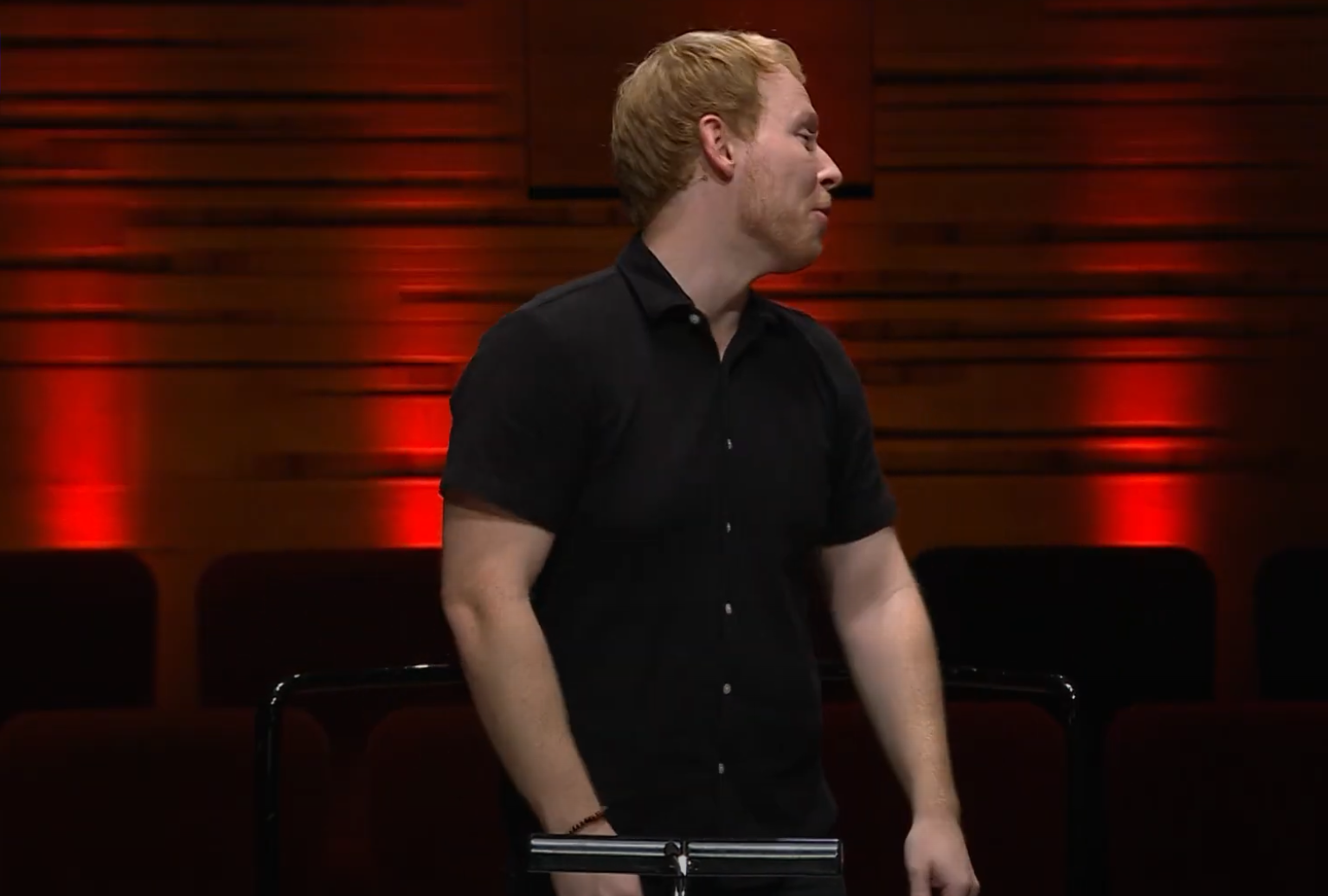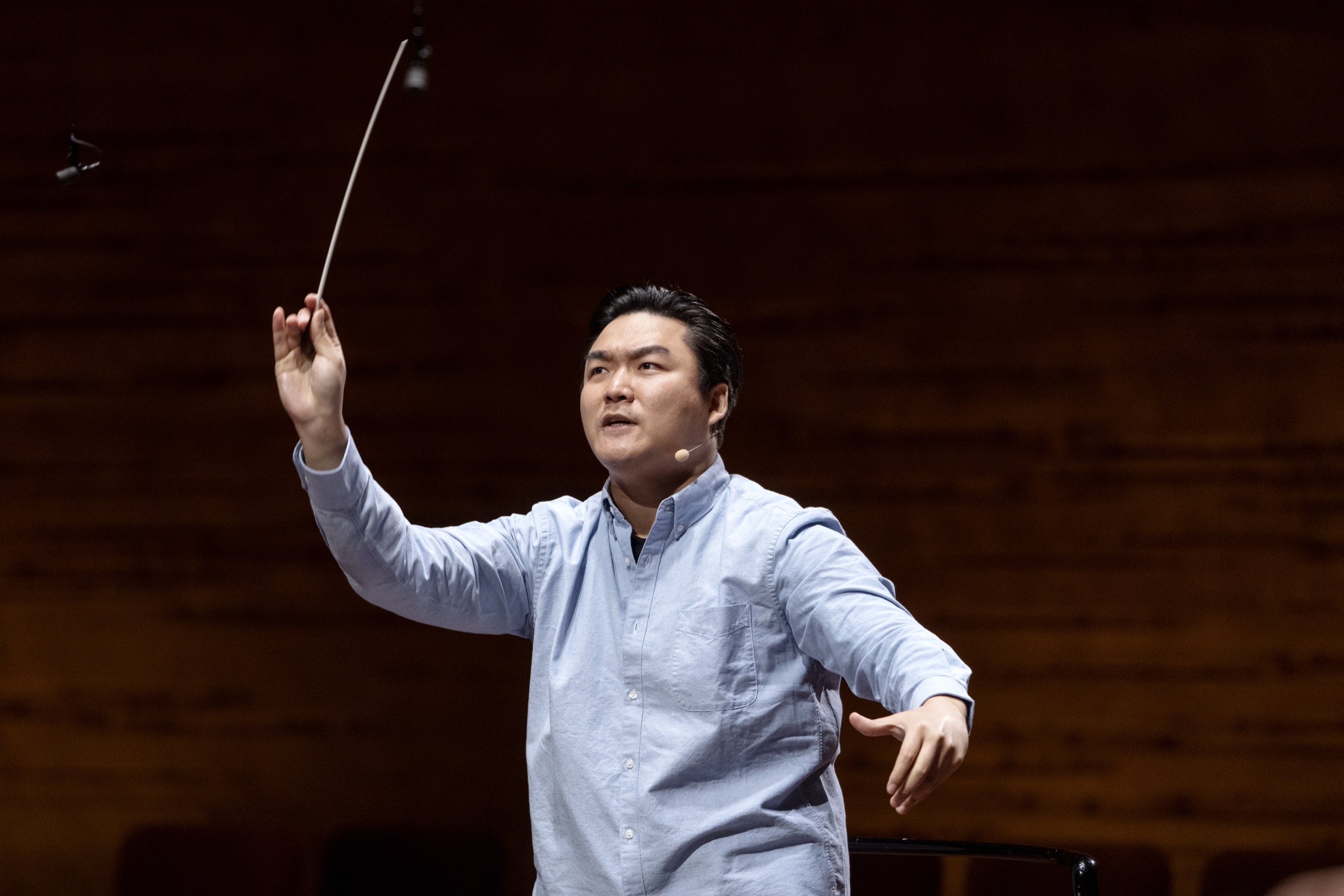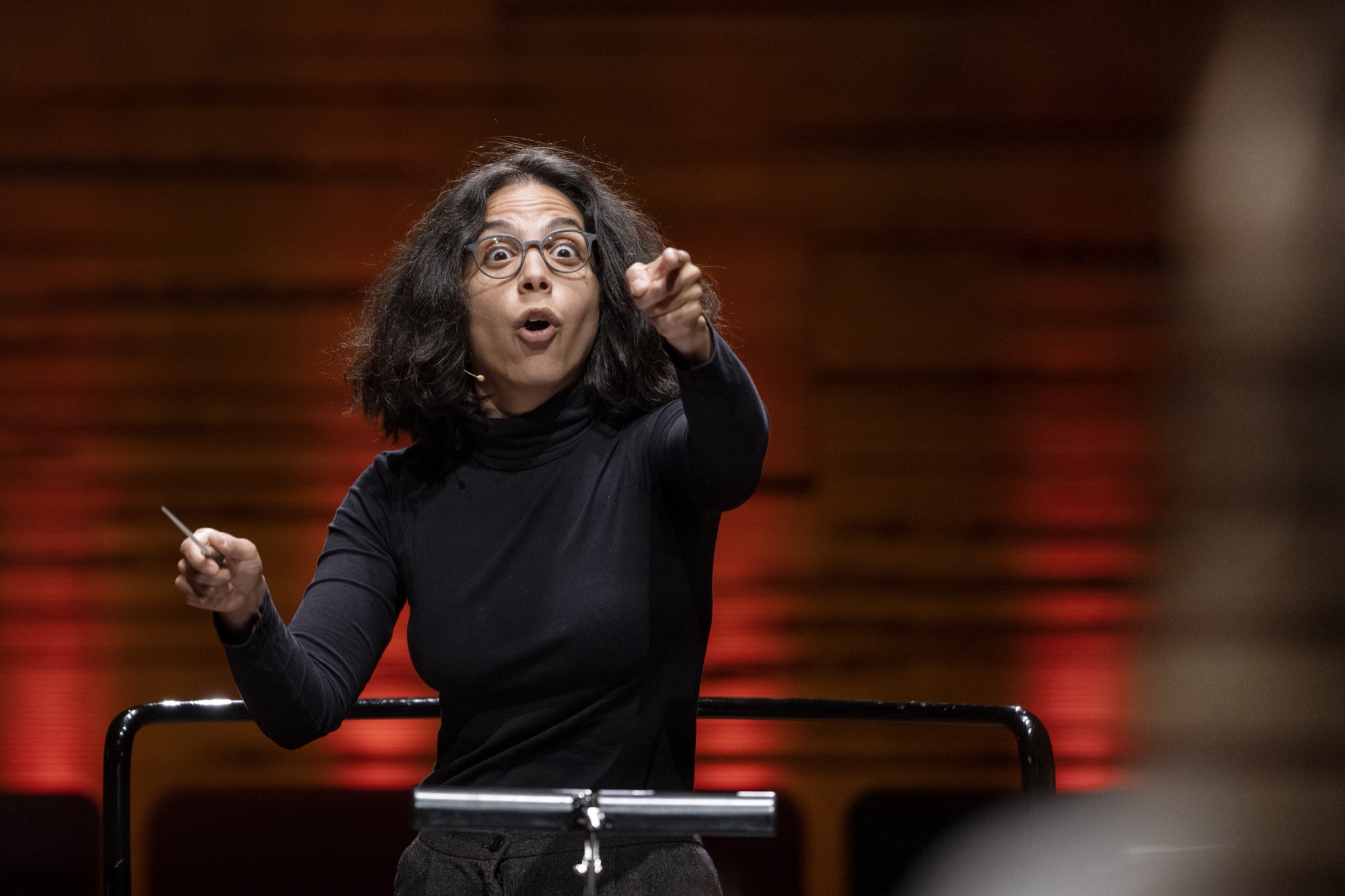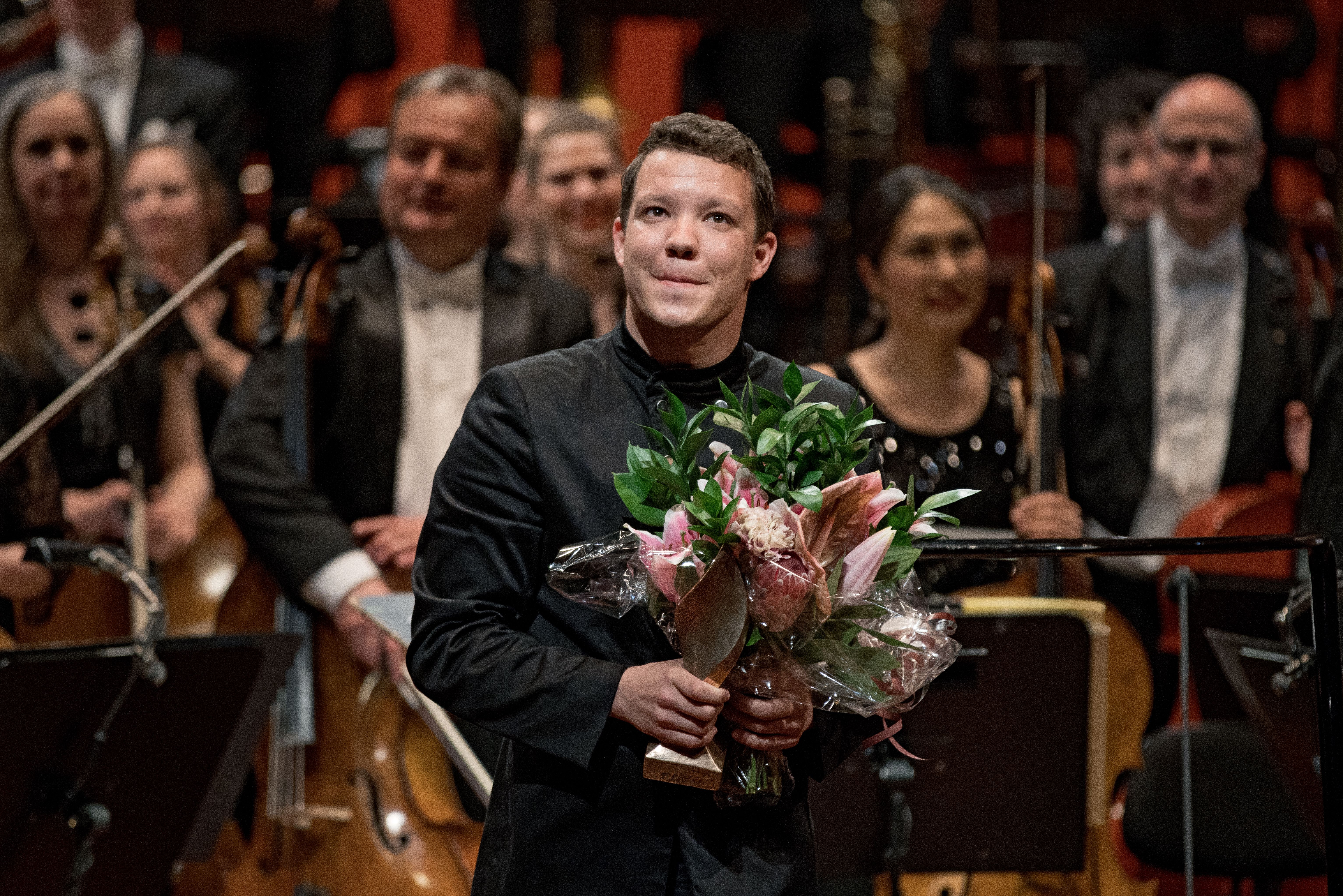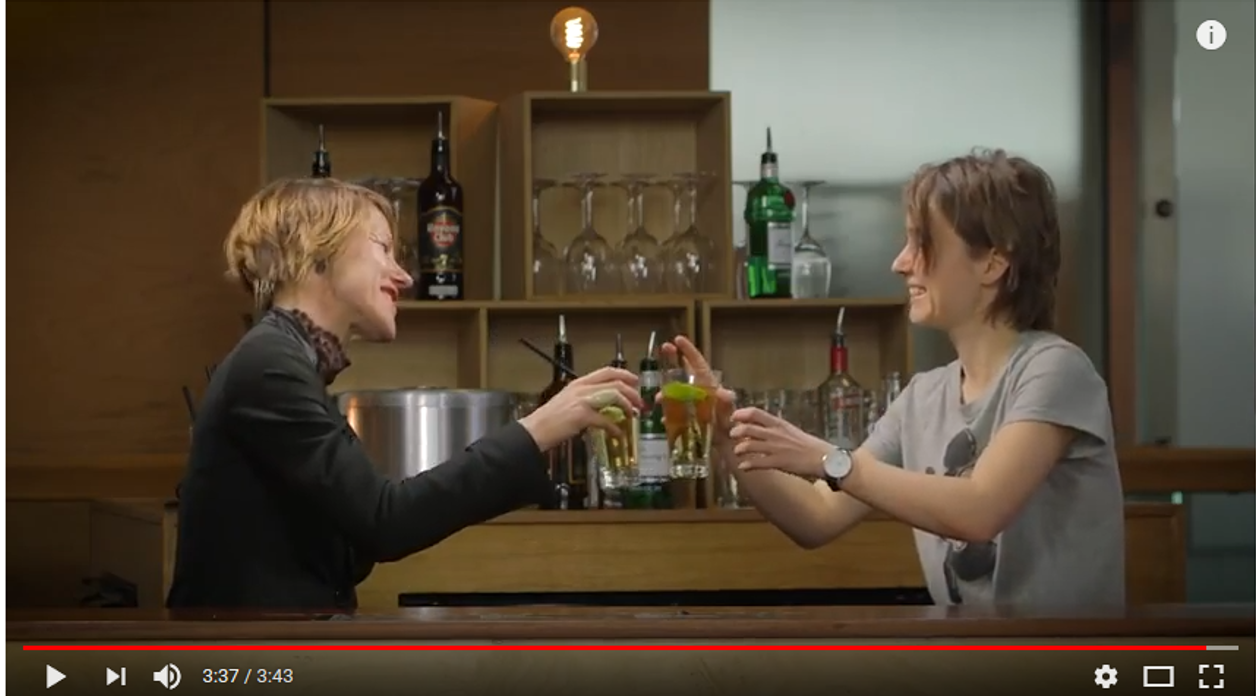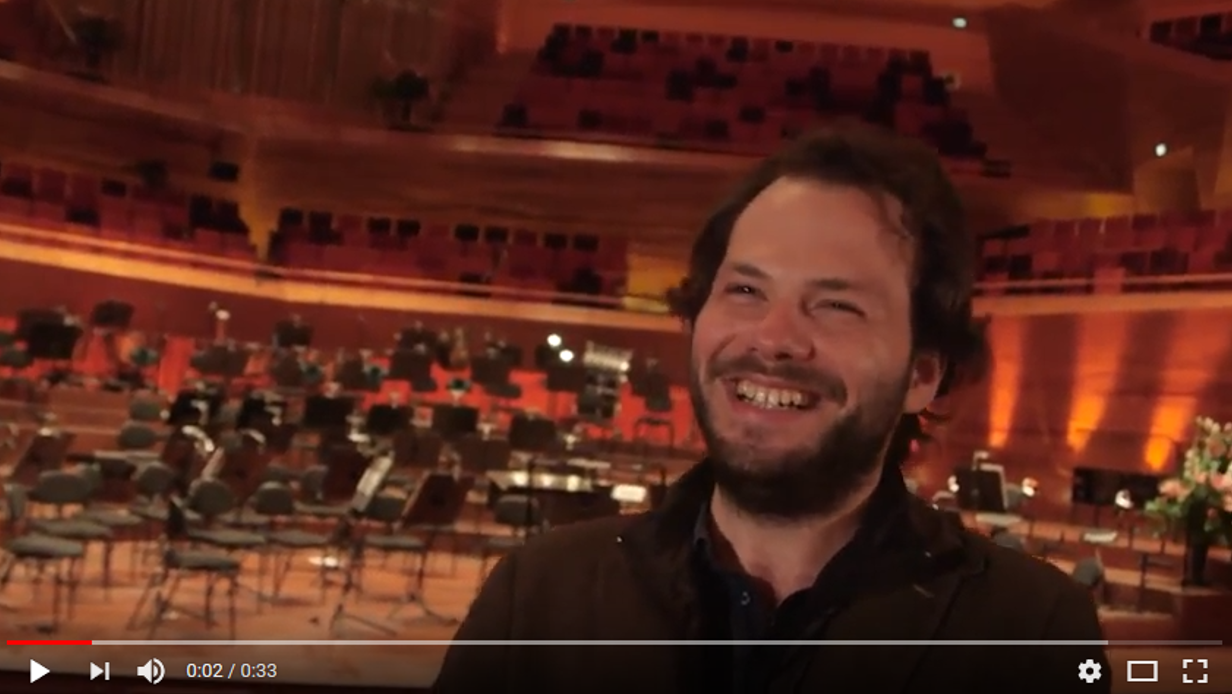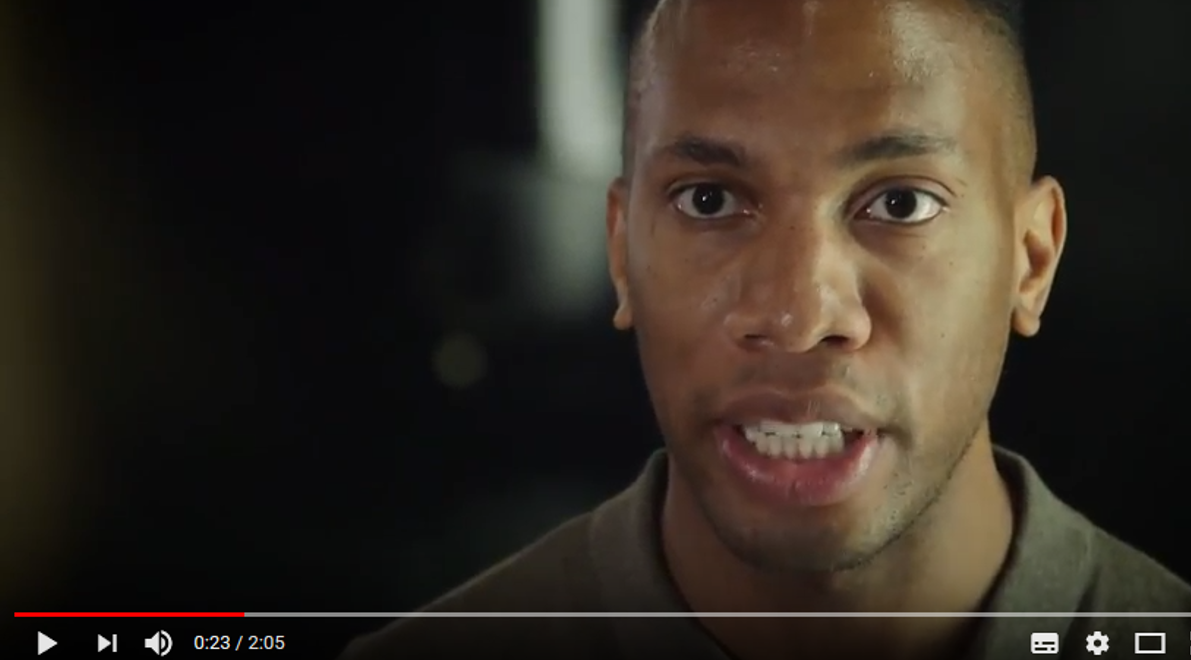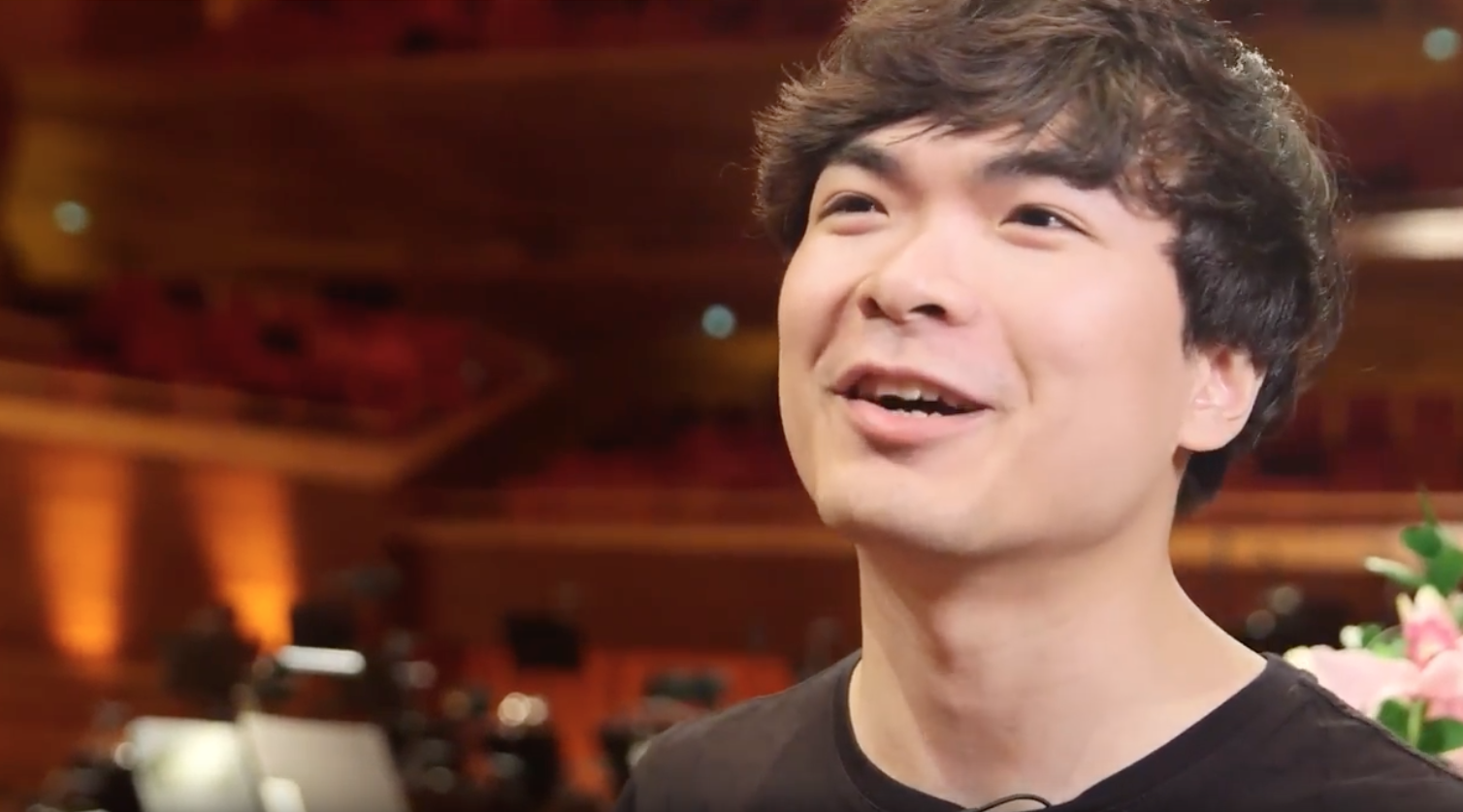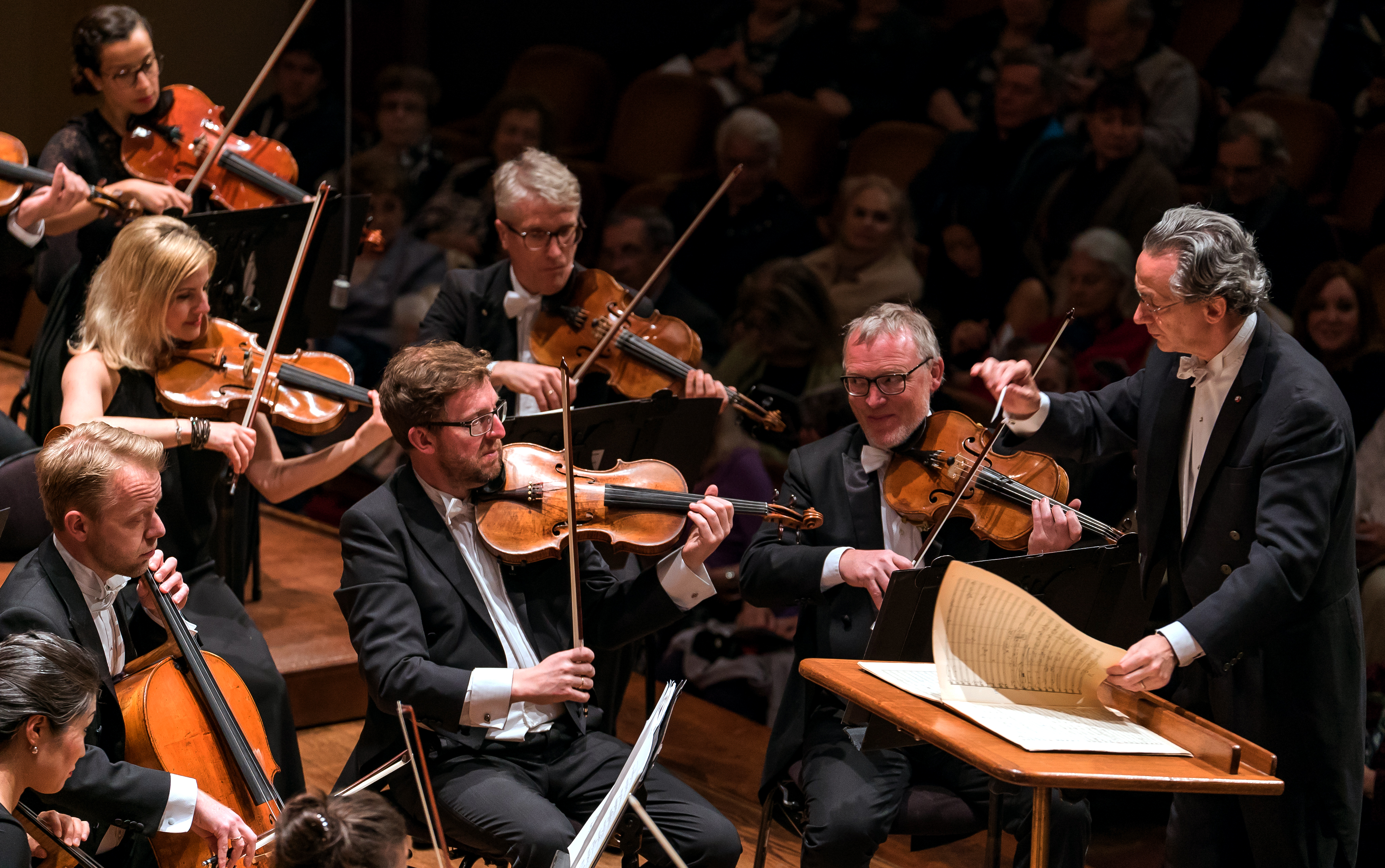After 10 x Mozart Haffners, 8 x Beethoven Fourths and 6 x Haydn La Passiones, we now know who will proceed to Round 2 of Malko 2024. Tomorrow, the twelve chosen musicians will take on three big beasts of the Romantic era: Tchaikovsky, Dvořák and Mahler.
The music of the First Viennese School told us a lot about the 24 conductors who started out on Monday. Can it tell us anything about how the remaining twelve will tackle music that treats the orchestra very differently?
Samuel Lee worked hard on period-style vibrato and bowing in his Haydn; what will he be looking for in Dvořák and Tchaikovsky? Richard Octaviano Kogima found tremendous momentum and dynamism in his Beethoven; can he do the same in Tchaikovsky and Mahler?
How will Alexander Sinan Binder’s elegant technique transfer to more turbulent music? Will Miguel Sepúlveda have his ear on the acoustic of the concert hall as well as the sound of the orchestra, as he did in Round 1? What will Luka Hauser’s experience in the opera house bring to these more narrative symphonies?
In Round 1, Ana María Patiño-Osorio proved that she could overcome a potential crisis - losing her headset and microphone - by keeping a cool head. Francesco Cagnasso endeared himself to the musicians of the Danish National Symphony Orchestra by admitting when he made a mistake. Both should prove valuable experiences for the later rounds.
Tchaikovsky is a composer with whom, sometimes, you can let your heart overrule your head. That would appear to suit Omar El Jamali, whose emotionally open musicianship reminded me of 2018’s winner, Ryan Bancroft.
Will Jakub Przybycień pick up a baton for his Dvořák, where the rhythmic impetus is felt almost as strongly as in Beethoven, but within a far more complex structure?
Andrew Mellor
